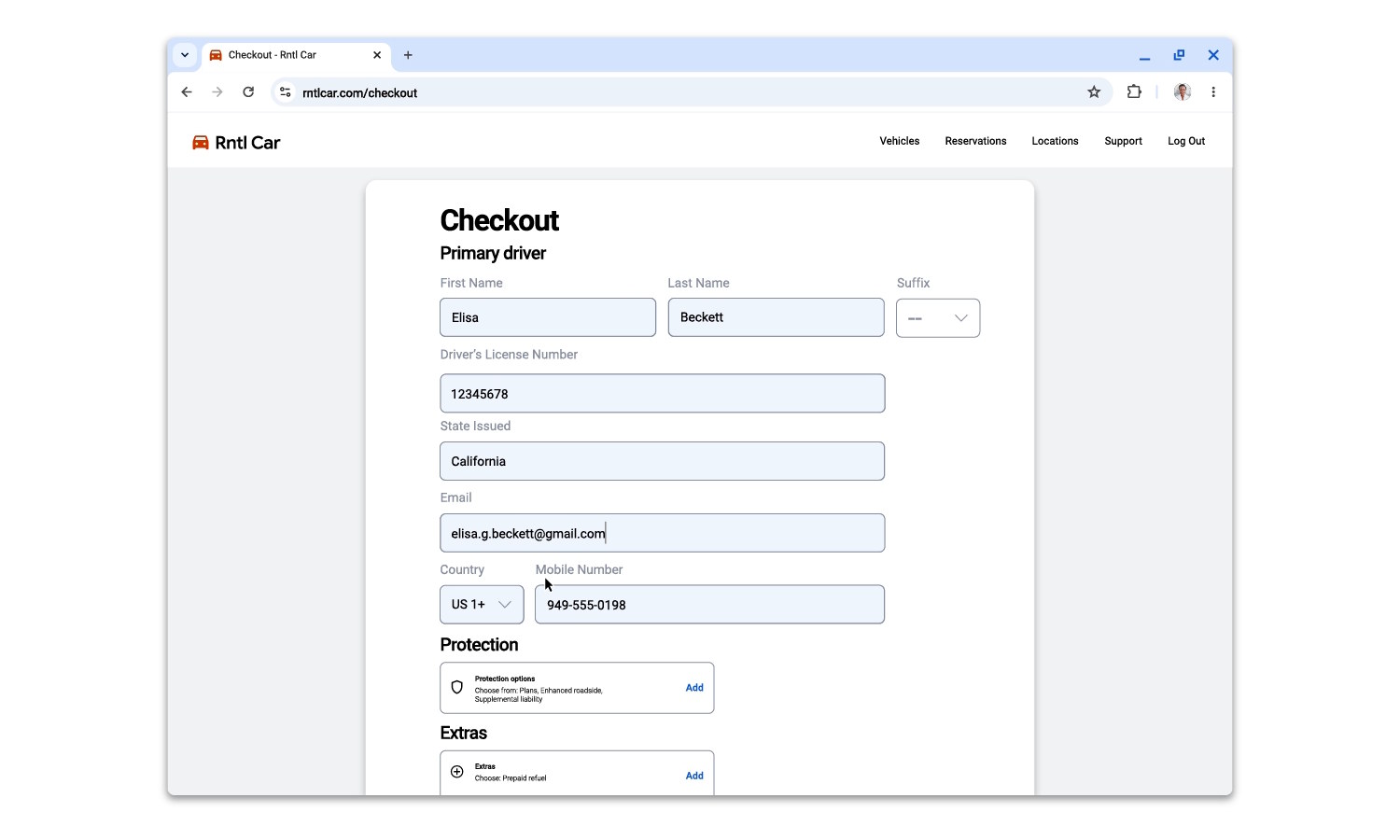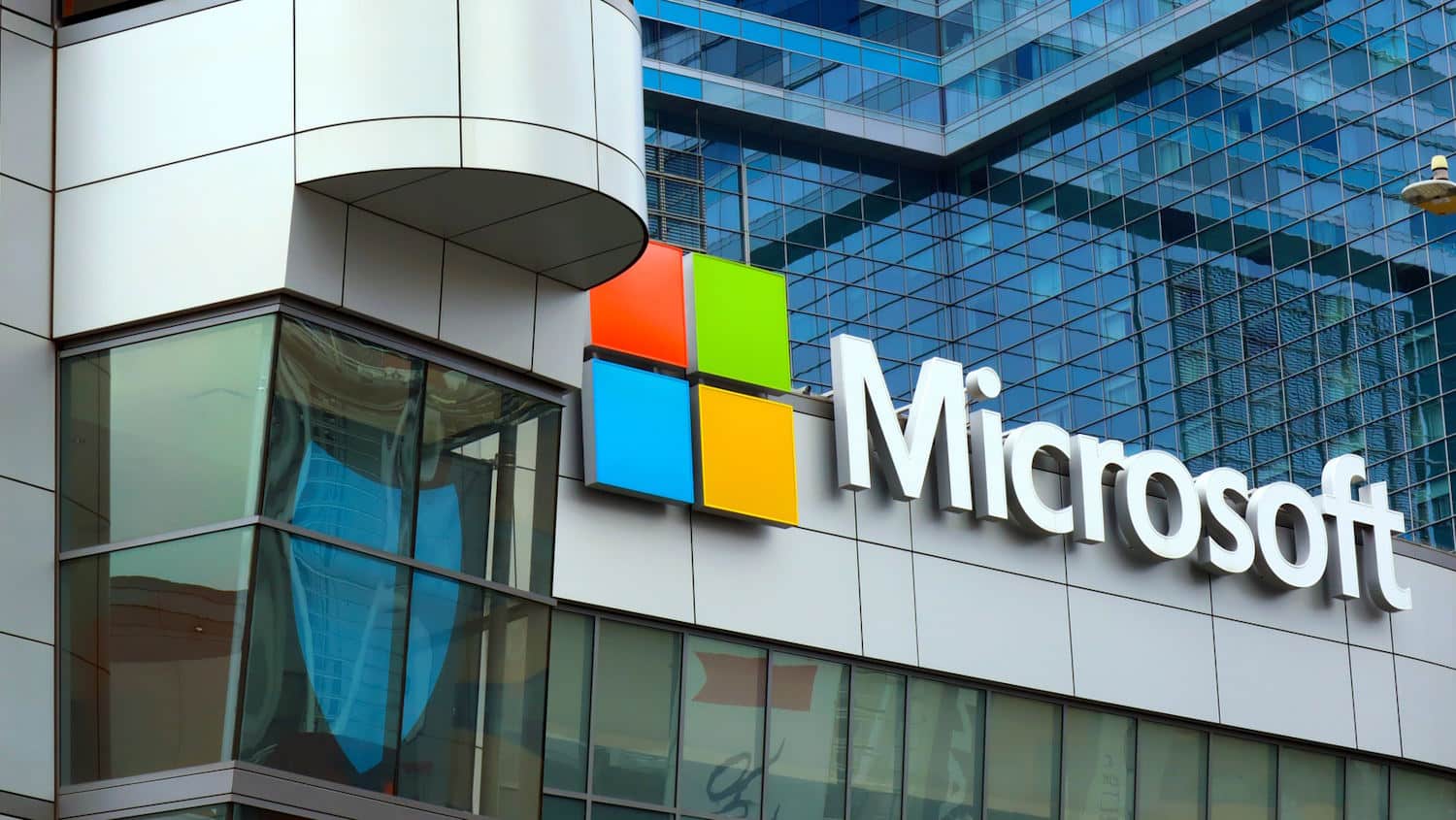
ChatGPT Atlas ranks as the least private browser in new study
A new report on browser privacy places OpenAI's new ChatGPT Atlas squarely at the bottom of its rankings, citing weak protection against tracking, poor link security, and almost no effective data blocking. The study, conducted by software provider Digitain, reviewed 13 browsers and scored them across multiple privacy categories.
The report notes that the AI browser failed every state partitioning test, which means websites can track users across separate browsing sessions. Chrome also performed poorly, while more privacy focused browsers like Brave and Mullvad took the top spots.

Google shares its favorite Chrome extensions of 2025 as AI takes over the browser
It’s that time of year again when the big “best of” round-ups start to land. Spotify Wrapped has already taken over social feeds with people comparing their listening ages, Apple just revealed its 2025 App Store Award winners, and now Google is spotlighting its favorite Chrome extensions of 2025.
This year’s apps list makes one thing very clear -- AI has become the browser’s default companion.

Google Chrome can now fill in passport and driving license details and more
Google has, over the years, added a lot of time-saving features to Chrome. Chief among these are the autofill features which can make light work of filling in forms by automatically entering frequently used snippets of data such as names and addresses.
When it comes to shopping, Chrome can also enter your credit card details for you, so you do not have to keep tracking down the physical card. Now Google has announced new time-saving functions.

Google is cutting off noisy websites in Chrome -- here's how it works
When you visit a new website in a browser like Google Chrome, you may see a small prompt near the address bar asking whether you want to allow notifications. It’s easy enough to click “allow” in the moment, but not always easy to find where to turn those notifications off again later.
For many users, the result is an endless stream of alerts, banners, and prompts that make browsing far noisier than it needs be. Chrome’s latest experiment aims to cut this overload with a feature that automatically removes notification permissions for sites that users no longer engage with.

Google is turning Chrome into an AI web browser powered by Gemini
Google’s love affair with AI shows no signs of burning out, and the company has just announced even deeper integration of Gemini into Chrome.
Billed as a reimagining of the web browser with artificial intelligence, Google says this is about more than just bringing more AI smarts to the humble web browser. The company says that the addition of Gemini-powered features will not only help to make users more productive, but will also keep them safer. Bold claims.

Google is testing an iOS-style navigation feature for Chrome
Talent borrows, genius steals – or so the saying goes. In the world of software, there is certainly a lot of borrowing of ideas, and Google is no stranger to bringing influences from other browsers to Chrome.
The latest example sees Google copying an idea that was implemented by Apple some time ago. Designed to aid navigation, Chrome now has a “predictive back animation” much like the one that was introduced in Android 16 for app navigation. But just what does this latest feature mean for users – and when can you expect to see it?

Google Chrome address bar – are you a top or a bottom?
Across all platforms, Google Chrome remains one of the most popular – if not the most popular – web browser. But while the desktop version of the software is versatile, customizable and flexible, the same cannot be said of the mobile apps.
And this is why an announcement made by Google several weeks ago caused a flurry of excitement. On the face of things, the news that it would be possible to move the address bar from its familiar position at the top of the browser may not seem huge, but now that it is rolling out, it is becoming clear that it is actually pretty significant for Android users.

Forget Google Chrome and Firefox, LibreWolf is the privacy focused browser you've been looking for
Are you frustrated by Mozilla’s recent leanings towards putting revenue ahead of privacy? Fans of Firefox who are looking to take their privacy to the next level (and beyond any potential compromises Mozilla might make going forward) should take a look at LibreWolf, available for Windows, macOS and Linux.
LibreWolf is a direct fork from the latest version of Firefox with a raft of additional privacy measures added to make your browsing experience even more private.

How to keep using Windows 10 safely after Microsoft ends support
As of October 14, 2025, Microsoft will officially stop supporting Windows 10, marking the end of the road for regular security updates and technical support.
This doesn’t mean your Windows 10 machine will suddenly stop working of course, but it does mean that keeping it safe and secure will require more proactive measures. Here’s how you can protect your Windows 10 system after official support ends.

Best Windows apps this week
Five-hundred-and-eighty-eight in a series. Welcome to this week's overview of the best apps, games and extensions released for Windows 10 and 11 on the Microsoft Store and elsewhere in the past seven days.
Microsoft released the March 2024 optional update for Windows 11 this week. It includes all the changes of the Moment Update 5, which adds more AI to Windows and also changes for European Economic Area users.

Google rolls out Chrome for Arm-compatible Windows PCs
Google has announced the release of a new version of its Chrome browser, specifically optimized for Arm-compatible Windows PCs powered by Snapdragon processors. This update promises to deliver faster and smoother web browsing experiences for users of these devices.
The new version of Chrome has been designed to fully leverage the hardware and operating system of Arm-based Windows PCs. This optimization is expected to result in significant performance improvements, particularly with the upcoming Snapdragon X Elite platform, as noted by Cristiano Amon, President and CEO of Qualcomm Inc. He stated, "The new version of Google Chrome will help cement Snapdragon X Elite's role as the premier platform for Windows computing starting in mid-2024."

Microsoft is fixing a long-standing Chrome text issue in Windows 10 and Windows 11
Microsoft -- yes, Microsoft -- is set to address an issue that has plagued the look of text in Chrome running on Windows 10 and Windows 11. While this is not a problem that affects everyone, there are large numbers of people who have long-complained about strange-looking fonts in Google's web browser.
The font troubles stem from a font rending incompatibility which Microsoft is finally getting around to fixing. The ClearType Tuner of Windows is ignored by Chrome, but Microsoft's tweaks mean that the browser rendering will be noticeably improved.

Google restores Dark Mode support for websites in Chrome
Google Chrome users may once again enforce dark mode support for web content in the web browser. The feature has been in the making for a long time. Sofia talked about it more than five years ago here on BetaNews.
While Google did add support for a dark Chrome interface in the past, it never rolled out the option to display darker versions of webpages.

Google Chrome gets enhanced security with real-time safe browsing and password checkup updates
Google has announced significant updates to its Chrome web browser aimed at bolstering cybersecurity for its users. In response to the ever-evolving nature of cyber threats, Chrome will now feature real-time Safe Browsing protections and enhanced password security measures, particularly for desktop and iOS users.
Traditionally, Chrome’s Safe Browsing feature relied on a periodically updated list to check if websites or files posed a potential danger. However, with malicious sites often fleeting, existing for less than 10 minutes on average, this method had its limitations. To address this, Chrome’s Standard protection mode will now verify sites against a real-time, server-side list of known malicious URLs. This shift is expected to increase the efficacy of phishing attack prevention by 25 percent.

Microsoft fixes accidental import of Chrome Tabs in Edge
Microsoft has fixed a puzzling issue in the latest version of its Edge web browser. Some users reported that Microsoft Edge was importing open tabs from Google Chrome automatically on their devices about two weeks ago.
While Microsoft Edge does have a preference to do so, the users claimed that the preference was set to off on their devices.
